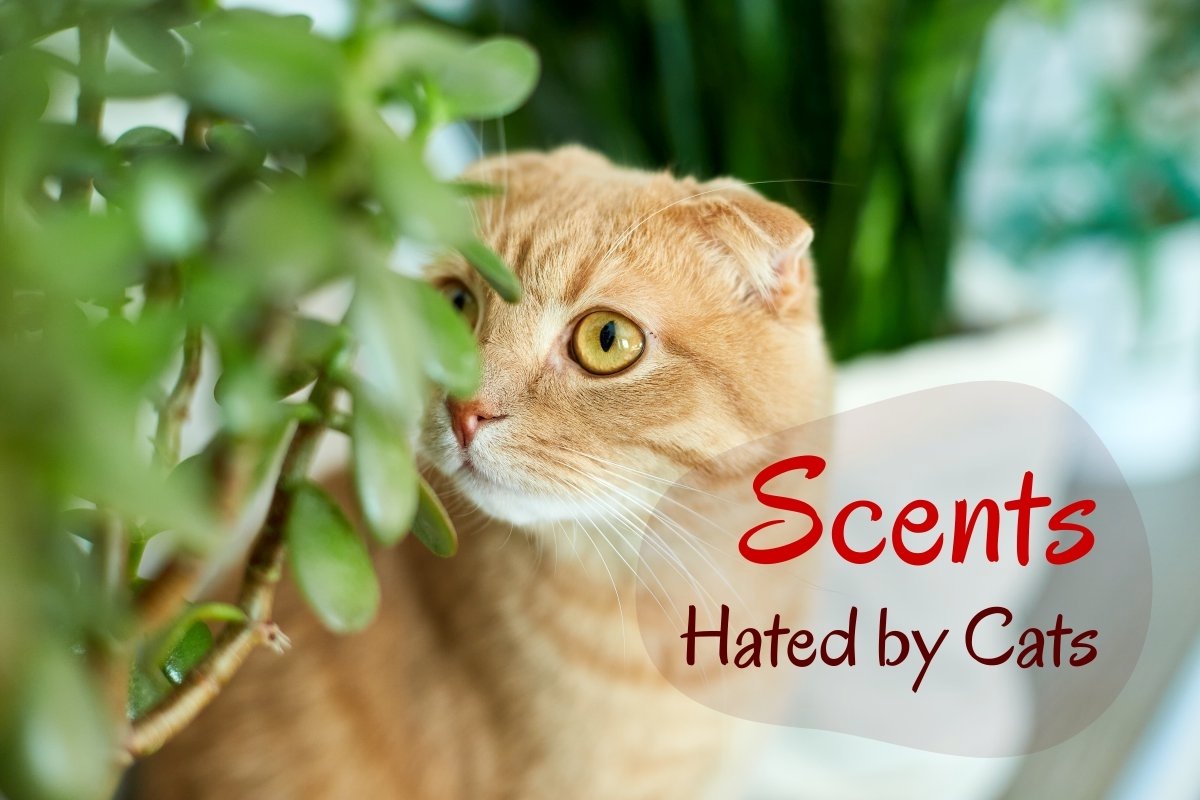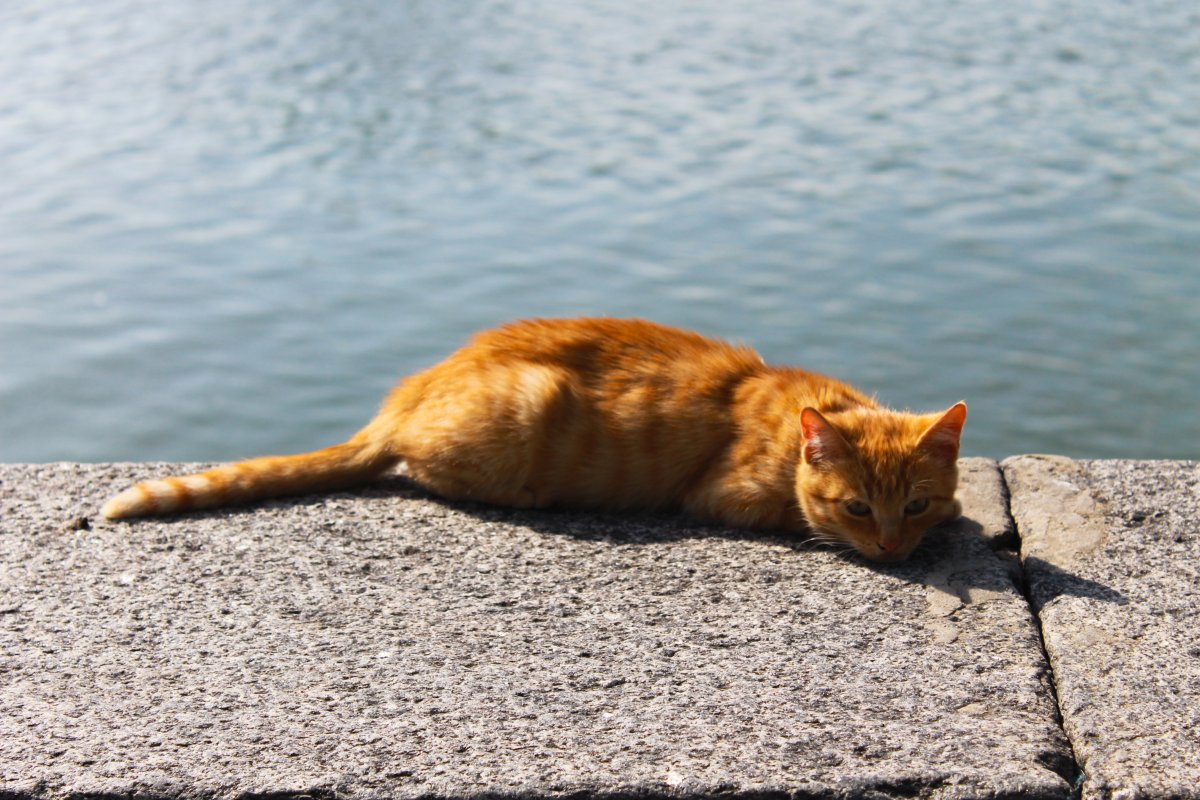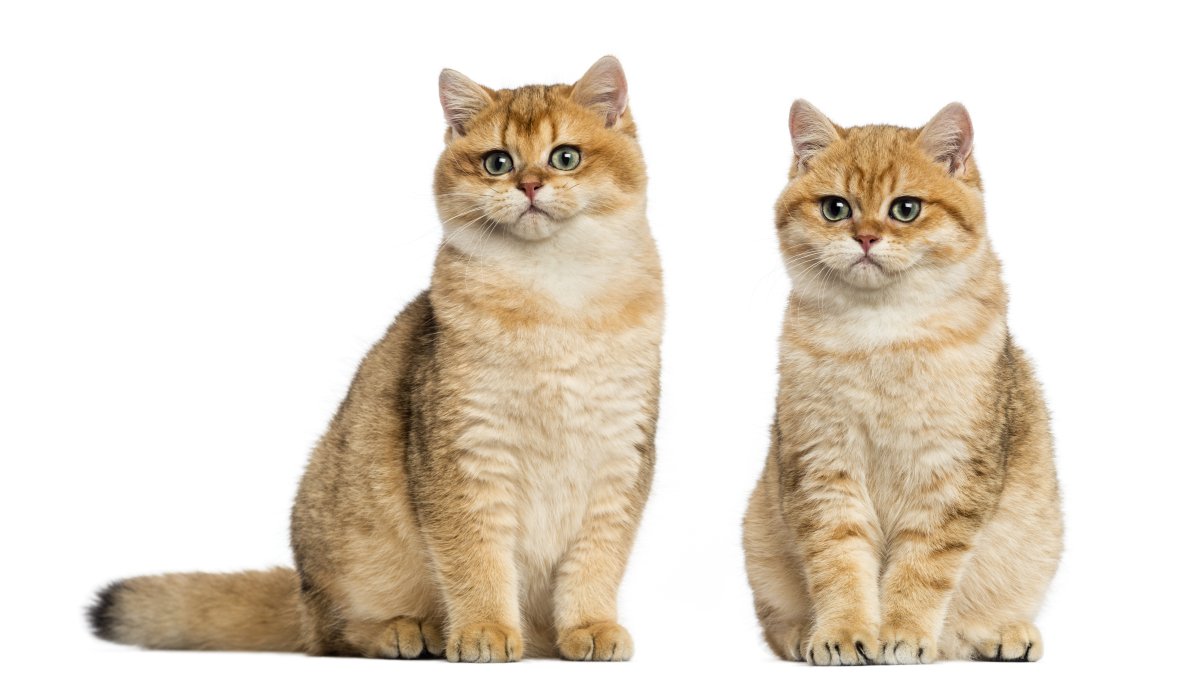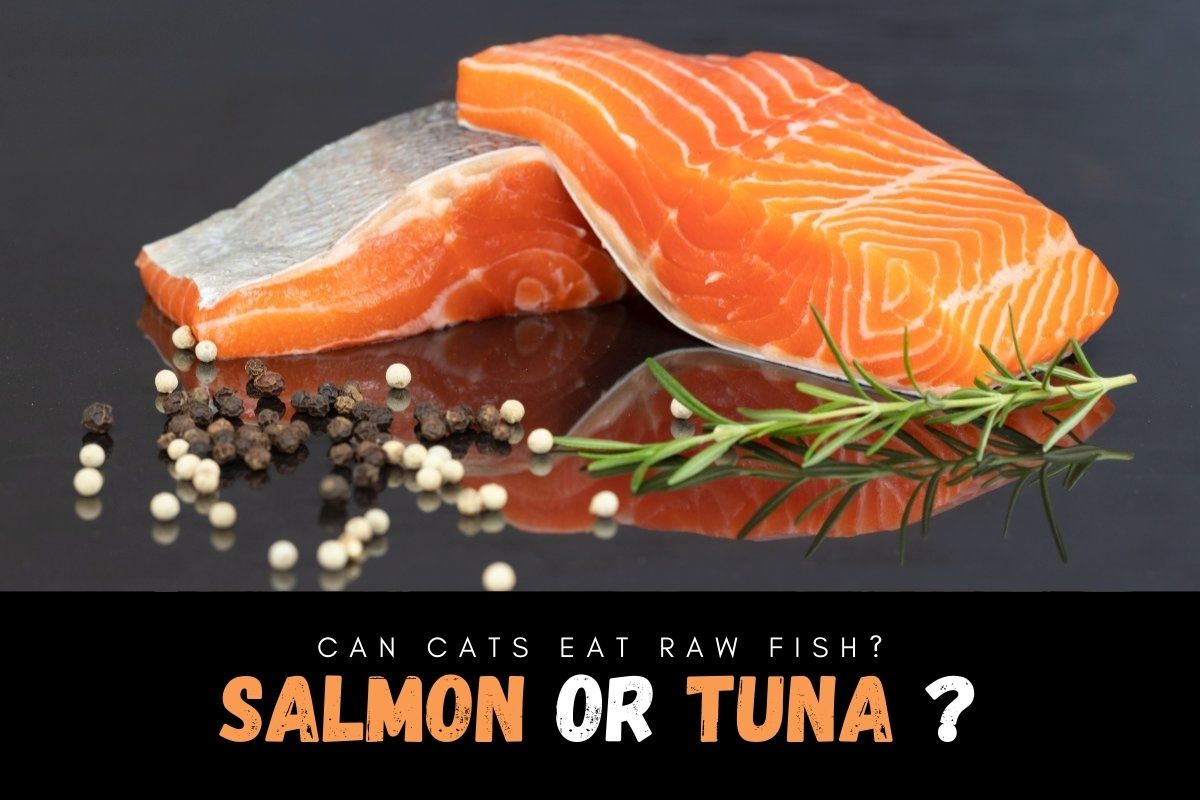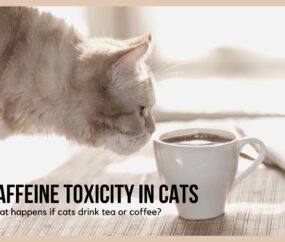Cats have got robust sniffing mechanisms. Maybe not as strong as dogs relatively, but definitely more vigorous and much more efficient than human beings. There is a plethora of research evidence claiming that cats have 14 times better smelling capability compared to human beings, mostly credited to their 200 million robust smell receptors.
Smells abhorred by humans like that of catnip and mice are often well-liked and received by cats, but there are some other scents that cats absolutely hate. Nonetheless, the hypersensitive scent receptors of cats are something that helps them survive in the world.
Did you know cats have such hidden abilities? If you didn’t, there is a lot to learn from this article. But it is not only essential to learn about the fact of scents hated by cats merely out of curiosity, but you also need to know about what can be harmful to your cat to be a far better cat parent.
About a Cat’s Sense of Smell
According to research, “cats’ nose develops with their age and gives them the ability to stay safe and navigate through dangers in the world.”
Cats’ behavior has evolved drastically over the years and provided them with a unique scent processing mechanism that is exceptionally different from dogs, humans, or any other animal. The scents abhorred by cats are trapped in their nose, where they are processed and sent to their brain receptors, whether it is an enemy or a friend.
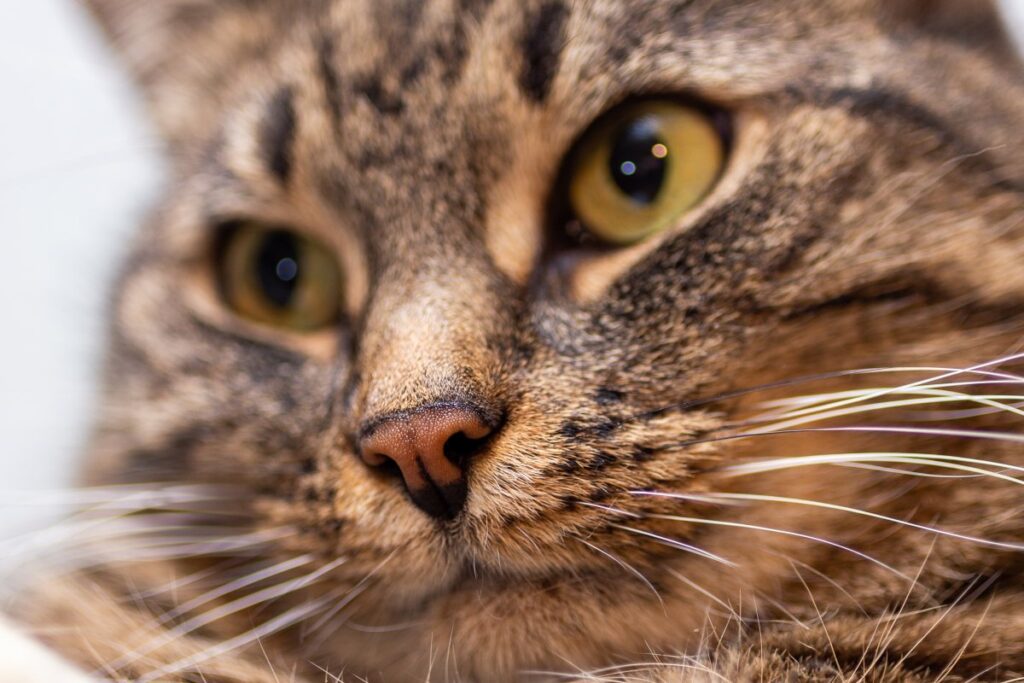
Scents that are despised and detested by cats are because they are generally acknowledged as dangerous in their minds. Cats are typically repelled and deterred away from smells of gases given off from any product or processed into the air.
While there are some evidently repelling scents that put off cats, like the urine of another cat, there are other scents hated by cats that come off as a total surprise.
Smells Abhorred by Cats
As a cat parent, here is a list of scents detested by cats that you must know about, along with scientific logic that supports the detestation:
Essential Oils
While smells like lavender, tea tree oil, and eucalyptus are soothing and calming for a human being’s senses, they might not be the same for cats. Cats and kittens do not share a similar enthusiasm for essential oil scents as we human beings do. This is mainly because VOCs (Volatile Organic Compounds) of essential oils are identified as potentially hazardous and toxic and prove to be distressing for them. Also, a cat’s detestation for essential oil scents actually proves to be life-saving for them.

Citrus Fruit
Besides essential oil smells, cats are also highly repellant of citrusy smells. This includes acidic, strong, and citrusy smells often found in fruits or food items. It is mainly because scents that are strong and acidic, like that found in lime, grapefruit, oranges, and lemons, are incredibly toxic for cats. Gardeners can also confirm this as they have been using citrusy scents around plants to keep cats away for years on end now.
Hot Peppers
Another strong deterrent scent for cats is hot peppers. Spicy and pungent scents mainly detest cats because of their potentially toxic, hazardous VOCs. This scent can be used to keep cats away from areas that you don’t want them around, like plantations or fields, or around your lounge sofas even. This is the reason why you will find the presence of capsicin – the element that gives hot pepper their spicy and pungent smell, in cat repellent sprays as well.
Plants and Herbs
Some certain greeneries and plants are also potentially toxic for cats. If we talk about plants that deter cats in particular, they include several from lavender, rue, pennyroyal, marigolds, lemon thyme, and Coleus canina. So if you are looking to steer clear of uninvited barging of kittens or cats in your backyards, give some space to the following specimens in your gardens and keep the cats away. These are natural cat deterrents.
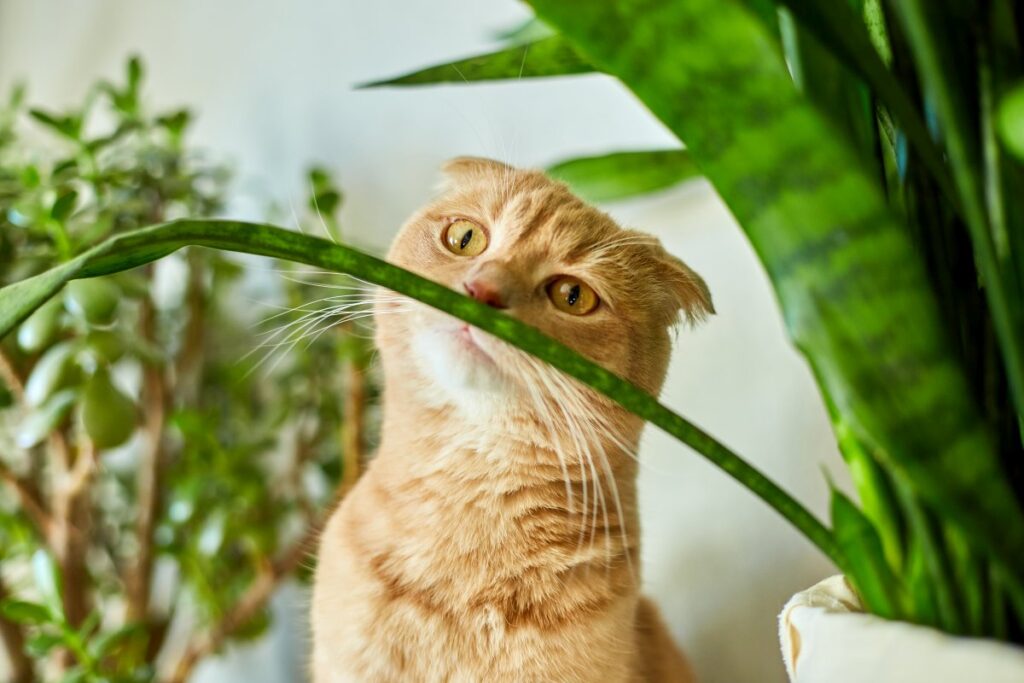
Vinegar
Another significantly deterring scent for cats is vinegar. The smell of vinegar is not typically toxic or harmful for cats, but the way cats respond to this smell is more important for all cat parents. At often times, the efforts of deterring cats away from places with smells of vinegar become the cause of their repetitive rounds of that place. Their main goal is to remove the vinegary smell by covering it with something else.
Ground Coffee
Have you ever seen a cat reaching for your cup of coffee? This is because they are extremely repellant of ground coffee’s scent. On the one hand, even the smaller amount of caffeine can prove to be harmful and toxic for cats, and on the other hand, its smell is itself loathed by them. Coffee grounds are used to keep cats away from plants and other sensitive areas. But be aware that coffee beans’ toxics for cats can be absorbed through a cat’s paws. So take adequate precautions to keep them away.
Dirty Litter Boxes
Cats are also sometimes sensitive or repellent to the smell of their own urine; dirty litter boxes are another smell that cats hugely hate. So make sure your cat’s litter box is always clean and make them urinate inside it only.
Conclusion
In conclusion, it is your responsibility as a cat parent to know which smell is toxic or harmful for your cat and which isn’t. Knowing about it will help you get to know your cat better and take care of it with precautions.

